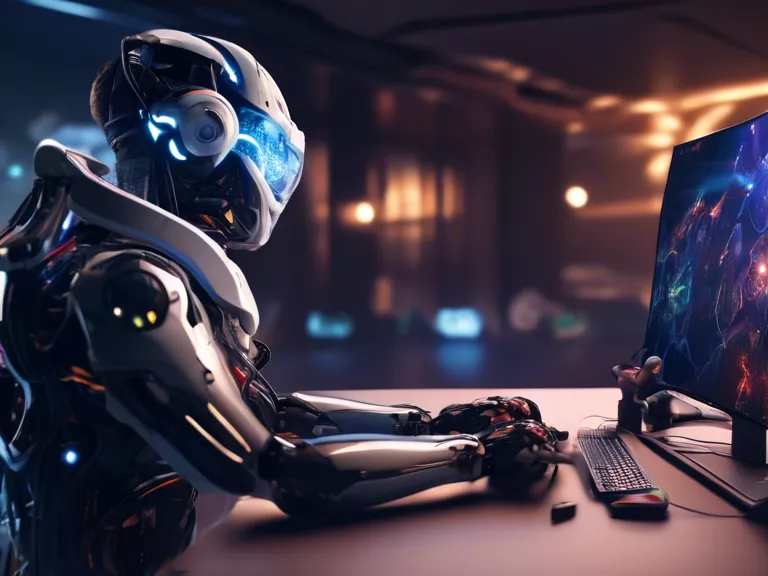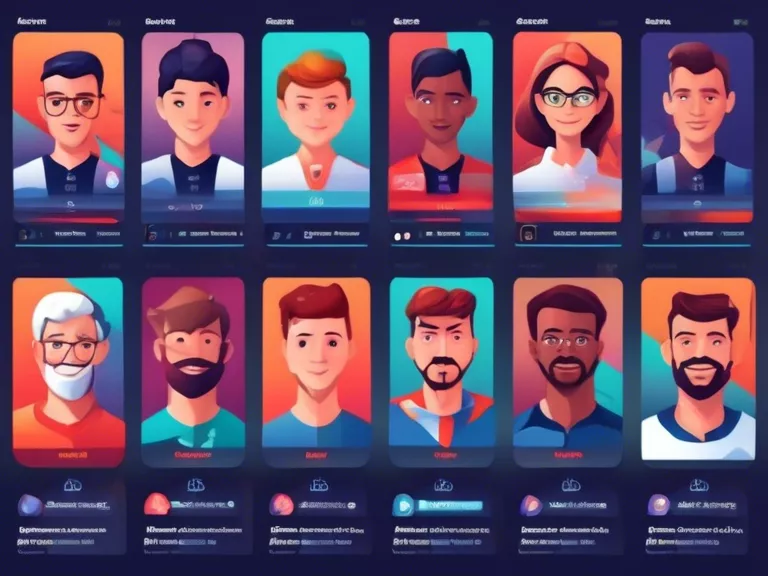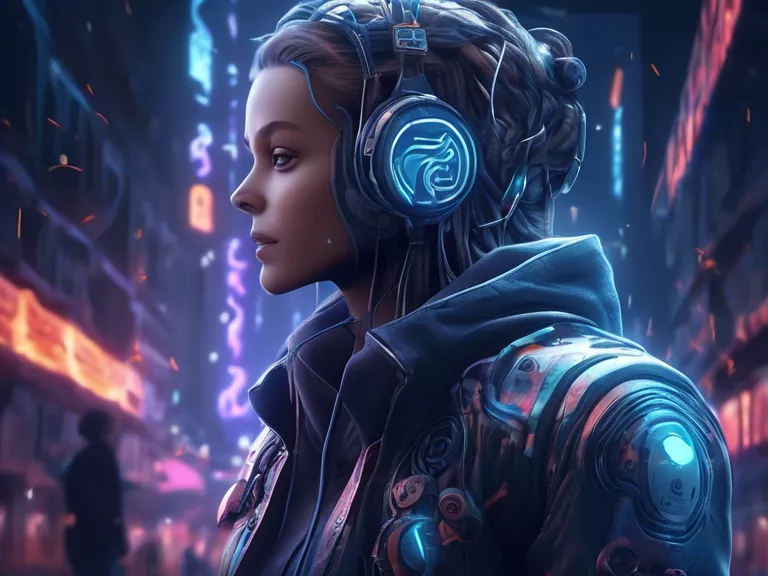
The Future of AI in Gaming: Real-Time Adaptation to Player Behavior
Artificial Intelligence (AI) has been revolutionizing the gaming industry for years, allowing developers to create more immersive and dynamic gameplay experiences. However, the future of AI in gaming lies in real-time adaptation to player behavior. By incorporating machine learning algorithms and predictive analytics, game AI can now analyze and respond to player actions on the fly, providing a personalized and challenging experience for each individual player.
This real-time adaptation to player behavior opens up a world of possibilities for game designers. Instead of relying on pre-set scripts or decision trees, AI can now learn from each player's actions and adjust the game environment accordingly. For example, if a player consistently chooses a stealthy approach in a game, the AI can ramp up enemy awareness levels or place more obstacles in the player's path to increase the challenge. On the other hand, if a player prefers a more aggressive playstyle, the AI can adjust enemy behaviors to provide a more action-packed experience.
One of the key benefits of this real-time adaptation is the increased replay value it offers. Instead of playing through a static game world with predetermined outcomes, players can now experience a more dynamic and evolving environment that adapts to their playstyle. This can lead to a more engaging and immersive gameplay experience, as players are constantly challenged and surprised by the AI's responses.
Another advantage of real-time adaptation in gaming AI is the potential for creating more realistic and lifelike NPCs (non-player characters). By analyzing player behavior and adjusting NPC actions in response, developers can create more believable and engaging interactions between players and AI-controlled characters. This can enhance the overall storytelling and immersion of a game, making the virtual world feel more alive and responsive to the player's actions.
In conclusion, the future of AI in gaming is bright, with real-time adaptation to player behavior leading the way. By leveraging machine learning and predictive analytics, game developers can create truly personalized and dynamic gameplay experiences that keep players coming back for more.



